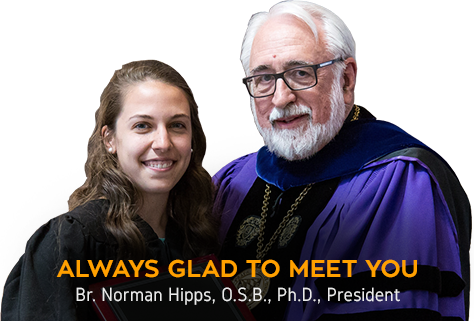Summer is a fine time to be outside in the sunshine and nice weather, but it’s also nice to cool off inside and watch a movie. For those who read my blogs consistently, you know that I love movies and I talk often about how they (and other areas of popular culture) relate to organizational behavior (my primary teaching and research interest). However, what I have not yet discussed as thoroughly in my blog is what I view to be one of the most effective ways to leverage movies to teach concepts.
Dr. Therese Sprinkle (of Quinnipiac University) and I published a few articles (2016, 2018) on what we call the “movie club” approach to teaching using movies. In these articles we explain that, the best way to use movies to teach, is to immerse students in the movie. The alternative is a briefer “movie sandwich” approach where a brief lecture is provided, followed by a short clip of a movie and then concluded with another brief lecture. While I have used this movie sandwich approach quite frequently in my classes (and this approach does help students to remember some concepts), it only works for simple concepts. Using movies to illustrate more complex concepts requires guided viewing of an entire movie followed by an interactive discussion as recommended by our movie club approach. Guided viewing means that learners are prepped on themes and provided with ideas on what to look for in the film. They might also be provided with questions or prompts to help clarify their thinking while they view a film. In the following discussion, an instructor will help to facilitate covering important points but will spend less time talking; instead guiding the conversation, making sure that each participant contributes.
Book clubs are popular ways in which participants work together to learn from each other as they discuss a book. The movie club is similar but, instead of just discussing a movie, they also relate details of the plot of the movie as illustrations of complex phenomena. In my field, this helps immensely, especially with undergraduate students. Some of my undergraduate students might not have a lot of work experience so using strictly business-based examples from a textbook might have little impact. Instead, drawing from examples that are more fun in nature that are more relatable (or at least approachable) and less intimidating can have great results.
The movie club approach is difficult to do in a traditional class environment because the time that it takes to watch a full movie from beginning to end together as a class and then discuss it may not be the best use of class time (perhaps, though, this could be done if the movie were assigned to students as homework). However, I have used this approach in the Benedictine Leadership Studies program, for example, where I’ve leveraged two movies to illustrate leadership principles. In my sessions, students meet for dinner and to watch the movie as a group on a Friday night. A discussion occurs over breakfast and closes at lunch the next day.

- Most recently, I used “Wonder Woman” (Jenkins, 2017) to illustrate transformational leadership, team stages, gender considerations and other concepts related to leadership through the characters of Diana Prince (Wonder Woman) and her team. This March was the first time that I used this movie and students who attended the session said that it was a very eye opening and meaningful experience. My approach is similar to that documented in Sprinkle and Urick (2018) – email me if you would like a copy of this article.
- I’ve used “The Hobbit: An Unexpected Journey” (Jackson, 2012) several times to illustrate servant leadership, transactional leadership, leadership development, bases of influence and other concepts through the characters of Bilbo Baggins, Gandalf the Wizard and Thorin Oakenshield. This session was largely based on research I published related to leadership in J.R.R. Tolkien’s Middle-earth in 2014 – again, email me if you’d like a copy.
The point I’m trying to make is that I know lectures in the classroom can be dry or even boring at times (though often necessary!). I strive to make my class sessions interesting and, in doing so, I like to bring in areas of popular culture to illustrate concepts. One way is through the movie club approach. This approach is not the only way of engaging students through fun examples though it is one of my favorites when I am able to structure a session to allow for it.
Have you ever seen a different effective approach to engaging learners? Do you see how the movie club approach might be effective? Always looking to hear about your experiences! Email me at michael.urick@stvincent.edu or message me on Facebook (https://www.facebook.com/urickmj/) and LinkedIn (https://www.linkedin.com/in/michael-urick-05b775a3/) or leave me a comment here.
Dr. Mike Urick
Jackson, P. (2012). The Hobbit: An Unexpected Journey. Warner Bros. Pictures.
Jenkins, P. (2017). Wonder Woman. Warner Bros. Pictures.
Sprinkle, T. A., & Urick, M. J. (2016). Alternatives to the Movie Sandwich Habit: Practical Approaches to Using Movies to Teach Leadership and Power. Management Teaching Review, 1(2), 105-119.
Urick, M. J. (2014). Wizards, Hobbits and Kings: Leadership in Tolkien’s Middle-earth and Lessons for Business Leaders. Journal of Leadership and Management, 2(2). 21-29
Urick, M. J., & Sprinkle, T. A. (2018). Teaching Leadership: Using Wonder Woman to Highlight the Importance of Gender Diversity. Management Teaching Review, 2379298118769254. Online first.


 中国学生
中国学生 Estudiantes
Estudiantes




